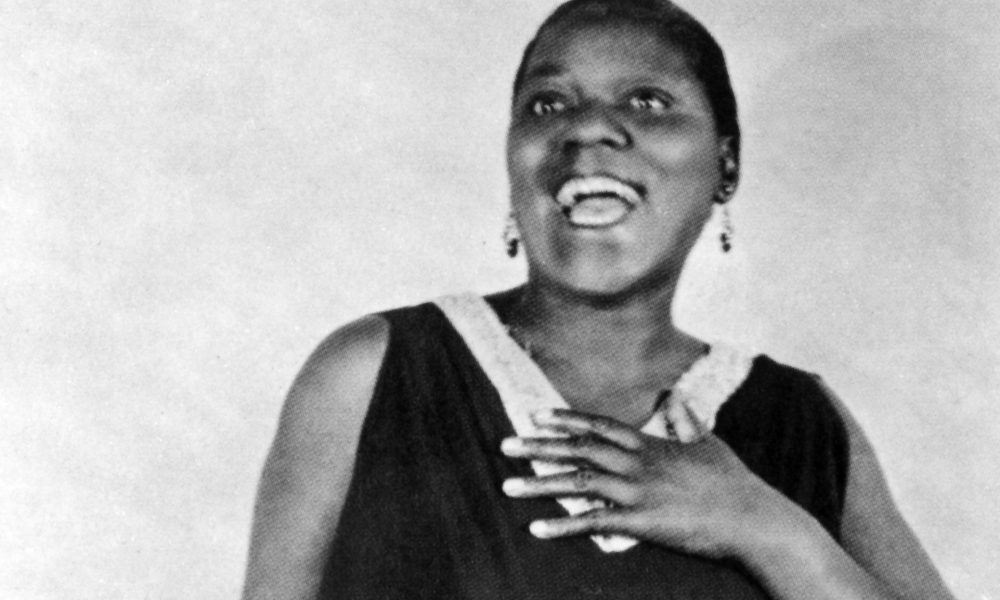Writer Jackie Kay’s Acclaimed Book On Blues Great Bessie Smith Reissued
The 224-page paperback edition contains a fresh introduction by Kay, who is Scotland’s National Poet, or makar.

Scottish poet, novelist, and writer Jackie Kay’s Bessie Smith, her 1997 book about the “Empress of the Blues,” is being republished by Faber & Faber on Thursday (18).
The 224-page paperback edition contains a fresh introduction by Kay, who is Scotland’s National Poet, or makar. The book is a mixture of biography, fiction, poetry and prose, creating what has been described by booksellers Waterstones as “a masterpiece of life-writing.” It will be broadcast as a BBC Radio 4 Book of the Week next week, in five episodes beginning on Monday (February 22).
As a young black girl growing up in Glasgow, Kay identified with the blues figurehead and her notoriously difficult life. The book describes how Smith, as the publicity describes, “drank pints of ‘bathtub gin,’ got into violent fist fights, spent huge sums of money and had passionate love affairs with men and women. She once single-handedly fought off a cohort of the Ku Klux Klan.”
Robert Wyatt described Kay and the book as “a wonderful writer on a magnificent singer,” while BBC Music’s Ian Carr called it “The most vivid evocation of Bessie Smith I have ever read.” Peggy Seeger noted that “biographies don’t usually bring the subject to life again. This one did. I finished the book then started it again immediately.”
In a new review of the book published in The Guardian yesterday, writer Kitty Empire says: “This timely republication of Bessie Smith, with a new introduction extolling her continued relevance, charts some of the distance travelled both by the publishing industry and by Kay herself, now Scotland’s makar, or poet laureate.
“Time hasn’t dimmed the book’s restlessly creative scholarship,” Empire continues. “Mixing academic rigour, authorial autobiography and poetic licence, this slim text’s selected bibliography runs to 22 titles. Throughout, Kay traces the heyday of the blueswomen, from the voodoo queens to the era of wax and ‘race records,’ where copyright was still in the future and royalties optional.”












